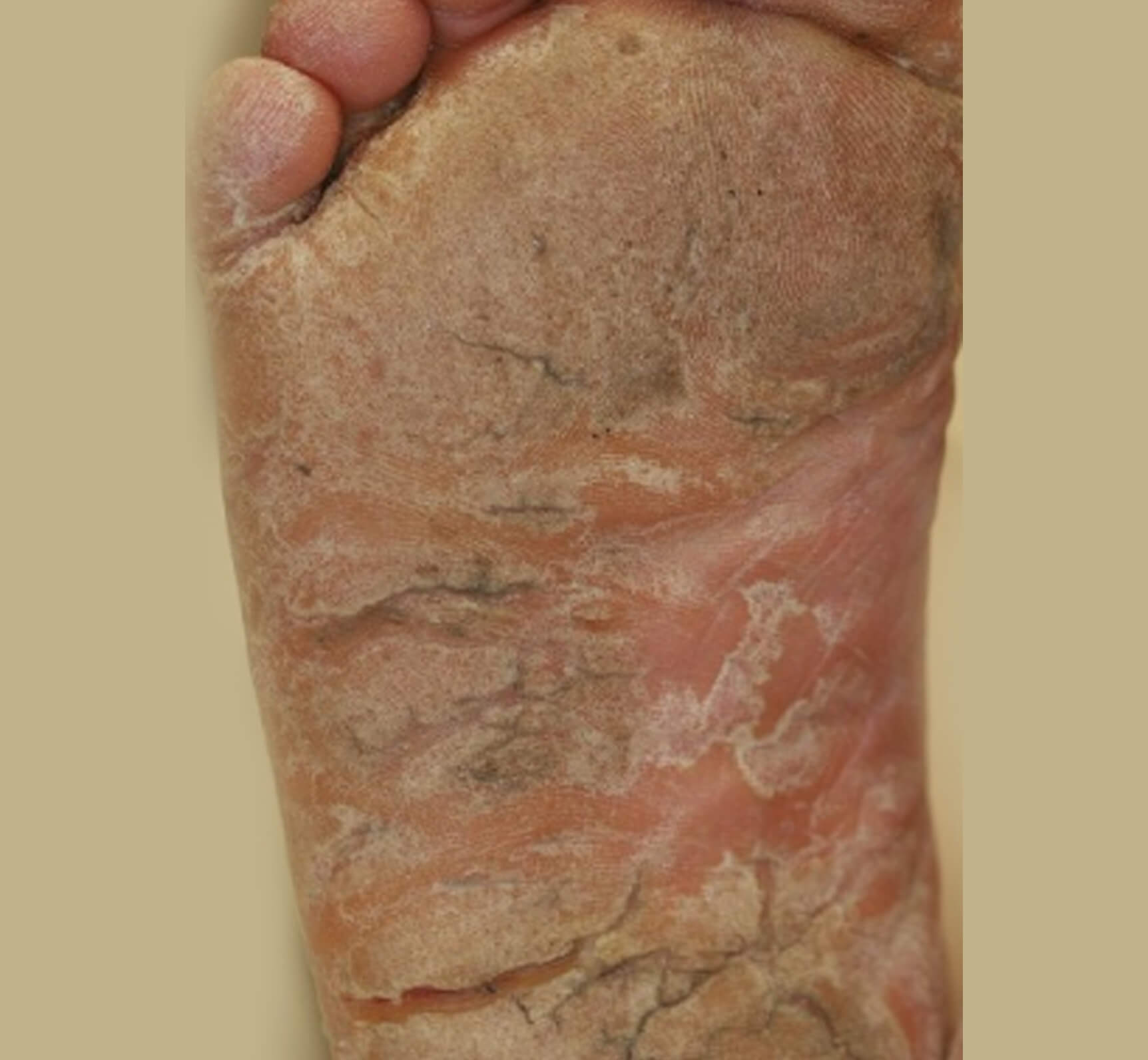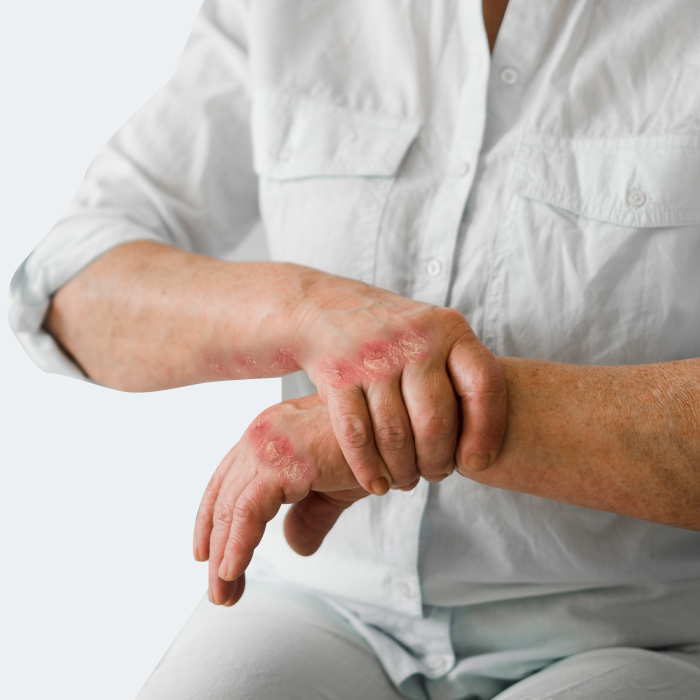Itch and Eczema in Elderly Treatment by
According to a U.S. public health survey, skin diseases will increase steadily with age. Accurate diagnosis, timely and appropriate medical treatment is very important.
Why Choose Dr. Wong Soon Tee
Friendly & Experienced Specialist
Dr. Wong connects well with his patients & he is a specialist with over 30 years of experience.
Dedicated & Focused Patient Care
Dr. Wong will manage every step of his patient’s skin healing journey.
Safe & Effective Treatments
We offer a selection of carefully curated FDA & HSA-approved treatments that give effective results.
- MBBS, Yong Loo Lin School of Medicine, Singapore
- MRCP. Member of Royal College of Physicians, United Kingdom
- FAMS, Fellow of Academy of Medicine, Singapore
- Adjunct Assistant Professor, National University of Singapore
- Visiting Consultant, University Dermatology Division, National University Hospital
- Visiting Consultant, Aesthetic Plastic Surgery Centre, National University Hospital


Itch and eczema in elderly
According to a U.S. public health survey, skin diseases will increase steadily with age. About 60% of those aged 65 and above, will suffer from skin diseases. By 2030, it is estimated that one in 4 persons in Singapore will be over the age of 60. As Singapore’s population ages year by year, we will be seeing more and more elderly suffering from skin problems.
Diagnosis of Itch and Eczema in Elderly
Dry and itchy skin in the elderly (Senile xerosis and pruritus)
In the West, more than 70% of the elderly person has dry and scaly skin. Similarly, we have the same problem here in Singapore as published in a study by the National Skin Center.
Congenital, genetic and many acquired reasons contribute to dry and itchy skin in the elderly. Too much bathing, as we often do in our hot and humid weather, would also worsen the dry skin.
The itch often starts off minor, without any trigger or obvious skin changes initially. Gradually, it becomes worse and the patient begins to scratch uncontrollably. Hot water, medicated oil, TCM, all kinds of tools or “claws” will be used to stop the itch. Very often, patients’ sleep is affected and they end up having badly excoriated skin and they are miserable!
Excessive scratching eventually leads to eczematous inflammation, or bacterial infection, complicating the problem. Carefully planned out treatment addressing the dryness of the skin (moisturizer), controlling the itch (antihistamine), reducing the inflammation (steroid medication) and bacteria infection (antibiotics) are effective at easing the patient’s misery.
Eczema in the elderly
There are various types of eczema and they account for about 30-40% of the skin problem in the elderly.
Endogenous eczema
Endogenous eczema is the most common form of eczema among the elderly. The deterioration of skin barrier function, loss of skin hydration and reduction of oil secretion with age all lead to skin dryness. This coupled with frequent scratching and the use of less gentle soap that dries skin further will gradually lead to eczema.
This eczema often appears as a red rash with dry skin and cracking. The itch often drives the patient mad, but they respond well to steroid (oral, injection and cream) and the use of moisturizing cream.
Seborrheic Eczema
Seborrheic eczema is easily recognized. The characteristic rash with greasy scales is often seen at typical areas on the scalp, eyebrows, back of ears and either side of the nose.
The exact cause of seborrheic eczema is unknown, and to some extent is related to the fungus Pityrosporum ovale and stress. Using suitable topical medications and various medical shampoos, can effectively suppress but not cure it. Many patients are disappointed with the lack of curative treatment.
Stasis Eczema
This eczema is associated with varicose veins. Varicose veins lead to elevated local venous pressure around the ankle, which in turn trigger stasis eczema. It usually has redness, inflamed and weeping rash appearing above the inside of the ankle. Over time, skin ulcer may appear.
Wearing medical grade stocking or bandage to correct the elevated local venous blood pressure will heal the eczema and ulcer. After recovery, you must still wear the same medical grade stockings to prevent any recurrence. Besides varicose veins, other factors including obesity, multiple deep vein thrombosis, or multiple pregnancies can also lead to the development of this eczema.
Many of these problems that come with aging cannot be cured. Your dermatologist will carry out treatment in a stepwise sequential manner. As long as the patient is willing to cooperate, give Dr. Wong time to address the anomalies and use some drugs, many of these conditions can still be well controlled.
Restore Your Skin
Dr. Wong Soon Tee is a MOH accredited Dermatologist for more than 30 years. Let him help you to sort out the skin issues that you are facing and prescribe suitable treatment to alleviate your suffering.
Our Clinic Location
-
Mount Elizabeth Novena Specialist Centre
#10-22/23, 38 Irrawaddy Road,
Singapore 329563 - +65 6694 1121
- +65 9724 4911(WhatsApp)
- enquiry@assuranceskin.com
-
Mon, Tues, Wed, Fri: 9am - 5pm
Thurs & Sat: 9am - 12.30pm
Sun & Public Holidays: Closed
Book An Appointment
Leave us your details and our clinic will get back to you shortly.
For Faster Response, Call Us!
+65 6694 1121
Chat with our friendly clinic staff through Whatsapp!

